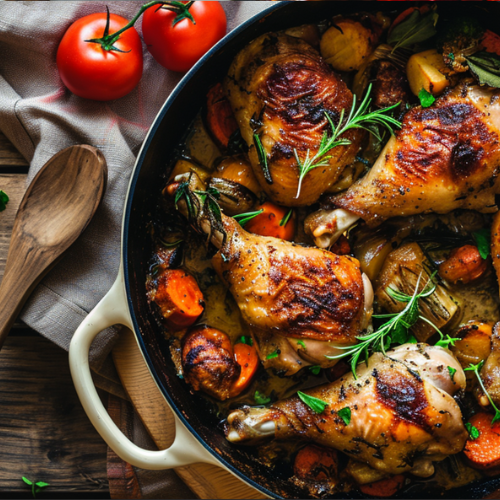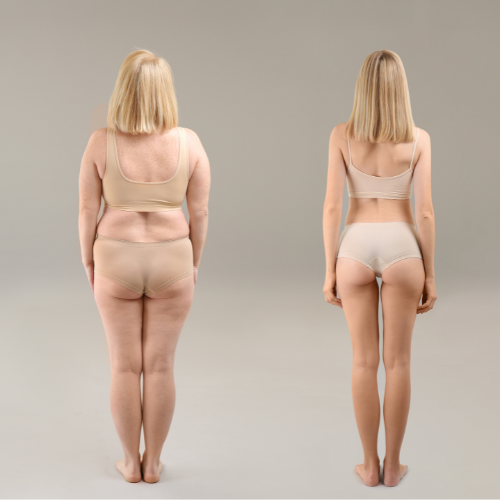Strategies for drinking alcohol while dieting: How not to derail your progress
Diet and alcohol are two words that rarely go together. When deciding on a healthy lifestyle, we often face a choice: to continue consuming alcohol or to give it up completely. However, for many people, giving up alcohol completely is neither a realistic nor desirable solution. In this article, we will provide strategies to help you enjoy alcohol without sabotaging your dietary efforts.
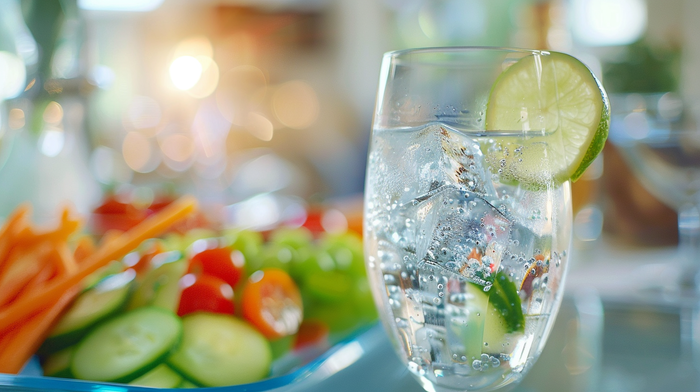
Understanding the caloric content of alcohol
The first step to consciously incorporating alcohol into your diet is to understand how alcohol affects your daily caloric needs. Alcohol provides 'empty calories,' meaning it provides no nutritional value beyond energy. What's more, alcohol can slow down the fat-burning process because the body focuses on metabolizing alcohol instead of fat.
Choosing less caloric drinks
The key to drinking alcohol while dieting is to choose drinks that have fewer calories. For example, instead of high-calorie cocktails and sweet alcohols, choose dry wines, light beers, or strong spirits diluted with water or calorie-free drinks. Such a choice will allow you to enjoy the taste of alcohol without excessively increasing your daily calorie intake.
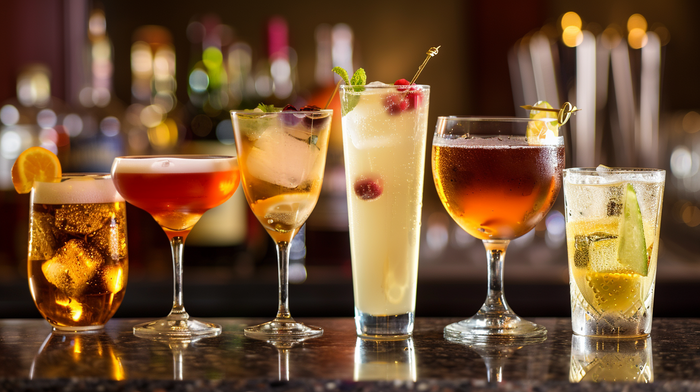
Planning alcohol consumption
Planning is key when you want to incorporate alcohol into your diet without harming your progress. Decide in advance which days will be 'alcohol days' and how many alcohol units you plan to drink. This will allow you to adjust your other meals on those days to balance your total caloric intake.
Hydration and portion control
When drinking alcohol, be sure to stay hydrated. Alcohol is a diuretic, which means it contributes to dehydration. Therefore, it is important to drink plenty of water before, during and after drinking alcohol. Portion control is equally important; avoid drinking alcohol 'by the eye'. Following standard alcohol units will help you keep track of how much alcohol you've consumed.
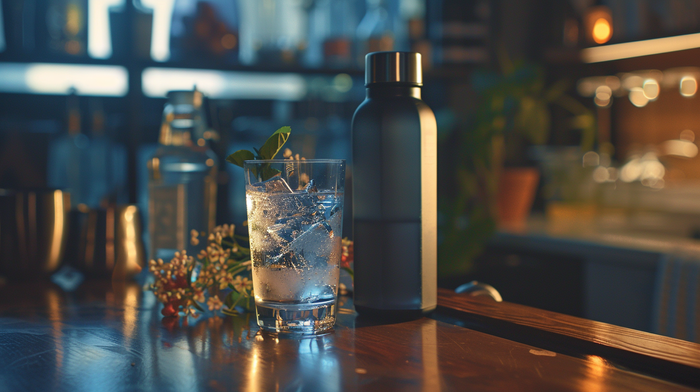
Healthy snacks
Alcohol can stimulate appetite, leading to uncontrollable snacking. To avoid the temptation to reach for unhealthy snacks, prepare healthy alternatives such as vegetables, nuts, or lean protein. Such snacks will not only help you keep your diet in check, but also provide nutritional values that alcohol does not.
Physical activity
Don't let alcohol consumption affect your physical activity. Although it may be more difficult after a night of partying, try to maintain a regular workout schedule. Exercise will not only help you burn extra calories, but will also make you feel better.
Summary
Drinking alcohol doesn't have to mean the end of your dietary efforts if you approach it with moderation and awareness. By choosing less caloric drinks, planning your intake, taking care of hydration, controlling portions and not forgetting healthy snacks and physical activity, you can enjoy the social aspects of drinking without sabotaging your diet. Remember that balance and moderation are key.

